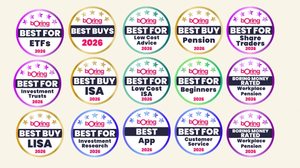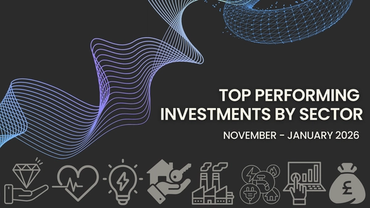Behind the engineering giant driving the hydrogen revolution
An introduction to Linde, a key stock in Martin Currie Global Portfolio Trust
5 May, 2023
Sponsored by Martin Currie Global Portfolio Trust
Zehrid Osmani, Portfolio Manager at Martin Currie Global Portfolio Trust, gives us an introduction to Linde, the global industrial gasses and engineering giant playing a leading role in the hydrogen revolution.
Important legal information
This information is issued and approved by Franklin Templeton Investment Management Limited (FTIML). It does not constitute investment advice.
The information provided should not be considered a recommendation to purchase or sell any particular security. It should not be assumed that any of the security transactions discussed here were or will prove to be profitable. These opinions are not intended to be a forecast of future events, research, a guarantee of future results or investment advice.
Past performance is not a guide to future returns. The return may increase or decrease as a result of fluctuations in the markets, in currency and/or in the portfolio.
Market and currency movements may cause the capital value of shares, and the income from them, to fall as well as rise and you may get back less than you invested.
The analysis of Environmental, Social and Governance (ESG) factors form an important part of the investment process and helps inform investment decisions. The strategy does not necessarily target particular sustainability outcomes.
The opinions contained in this document are those of the named manager(s). They may not necessarily represent the views of other Martin Currie managers, strategies or funds.
Shares in investment trusts are traded on a stock market and the share price will fluctuate in accordance with supply and demand and may not reflect the value of underlying net asset value of the shares. The majority of charges will be deducted from the capital of the company. This will constrain capital growth of the company in order to maintain the income streams.







